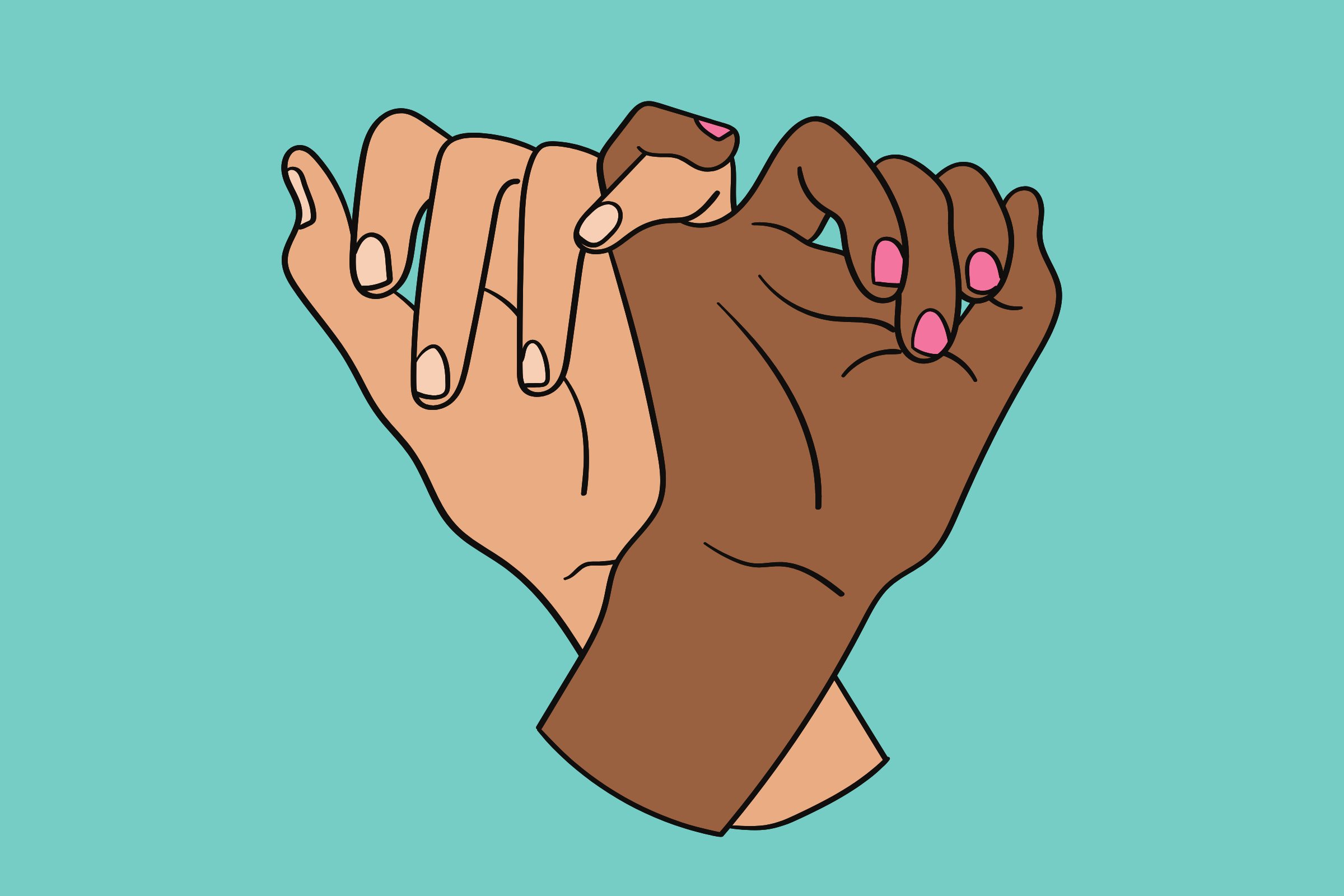Worried a friend or someone you know is in an abusive or unhealthy relationship, but not sure what to do?
Whether you suspect the abuse is physical, emotional, financial or other, it can be hard to know how to support someone in this situation.
Learn some of the signs that might indicate your friend is in an abusive relationship, and how you can help.
Know the signs of abuse
There are many different types of domestic and family abuse, and some of them can be harder to spot than others. Not all abuse involves hitting or can be identified by bruises or physical wounds.
Some less obvious warning signs your friend is in an abusive relationship might include:
- They’re noticeably less confident
- They’re always strapped for cash
- Their social media presence changes
- They’re always distracted or preoccupied
- Their other relationships start breaking down
- They avoid talking about their partner and relationship
- They seem nervous or on eggshells around their partner
- They often appear tired or as though they’ve been crying
- Their partner is always texting or calling when they’re apart
- Their clothing and/or grooming habits have changed significantly
- Their behaviour and/or body language changes around their partner
- Their partner puts them down or insults them, even in a ‘joking’ way
- They’re withdrawn, less responsive, and less social than they used to be
- They wear longer clothing in warm weather (may be a way to hide wounds).
Ask how things are going
Find an appropriate time to ask how they are when you’re alone together in a private setting. You might like to bring it up after some initial casual chat to ease into the conversation. Remain calm as you voice your concern. You want them to feel comfortable talking openly with you, so avoid coming off as panicked, preachy, or judgemental.
If you’ve noticed any signs of abuse, gently mention these specific behaviours. For example, “I’ve noticed your partner checks in on you a lot with texts and calls. How do you feel about that?” Your friend might not even recognise that what they’re experiencing is abuse, so by focusing on specifics, your friend may be able to understand for themselves what they think is appropriate and healthy in a relationship.
Respect their boundaries and don’t probe for information if they’re not comfortable sharing. Remember that it’s likely very hard for them to talk about.
Tell them you’re there for them
Let your friend know that they’re not alone and you want to help in any way they need. Provide them with a safe and supportive space to talk about what they’re going through, and listen with empathy and without judgement or blame.
Gently offer other ways you can support them, such as helping them come up with a safety plan and giving them a place to stay if they need it. Some people use social media creatively to provide support in a discreet way. For example:

Don’t pressure them to make a decision
No one likes to see someone they care about in an unhealthy, dangerous or damaging situation. But the last thing you want to do is tell your friend to ‘just break up’ with their partner. This pressure can make them feel even worse during an already difficult time, and may prevent them from opening up to you again.
Unhealthy and abusive relationships are complicated, and leaving an abusive partner can be risky. Allow your friend to make their own decision in their own time, and let them know you’ll stand by them no matter what.
Offer resources
There are many support services and resources available for people experiencing domestic and family abuse. It might be helpful to pass some relevant contact details on in case they’re ever needed, or ask your friend if they need help finding support. Depending on their situation at home, they may not have access to research support services.
There is still hope for some unhealthy relationships. If your friend is unsure whether their relationship is unhealthy or abusive, they don’t need to have the answers. RAQ’s trained counsellors can help individuals and couples work through their relationship concerns. Counselling appointments can be booked by calling 1300 364 277.
Some other helpful resources include:
1800RESPECT: 1800 737 732
DV Connect Womensline: 1800 811 811
DV Connect Mensline: 1800 600 636
Sexual Assault Helpline: 1800 010 120
Kids Help Line: 1800 55 1800
Lifeline: 13 11 14
Check in on them
If your friend tells you about abuse at home, or you suspect they’re in an unhealthy relationship, be sure to maintain contact with them and check in on them regularly.
While you can’t fix the situation or control the outcome, you can be there for them and provide support when they need it.
You can learn more about the effects of domestic violence here.









